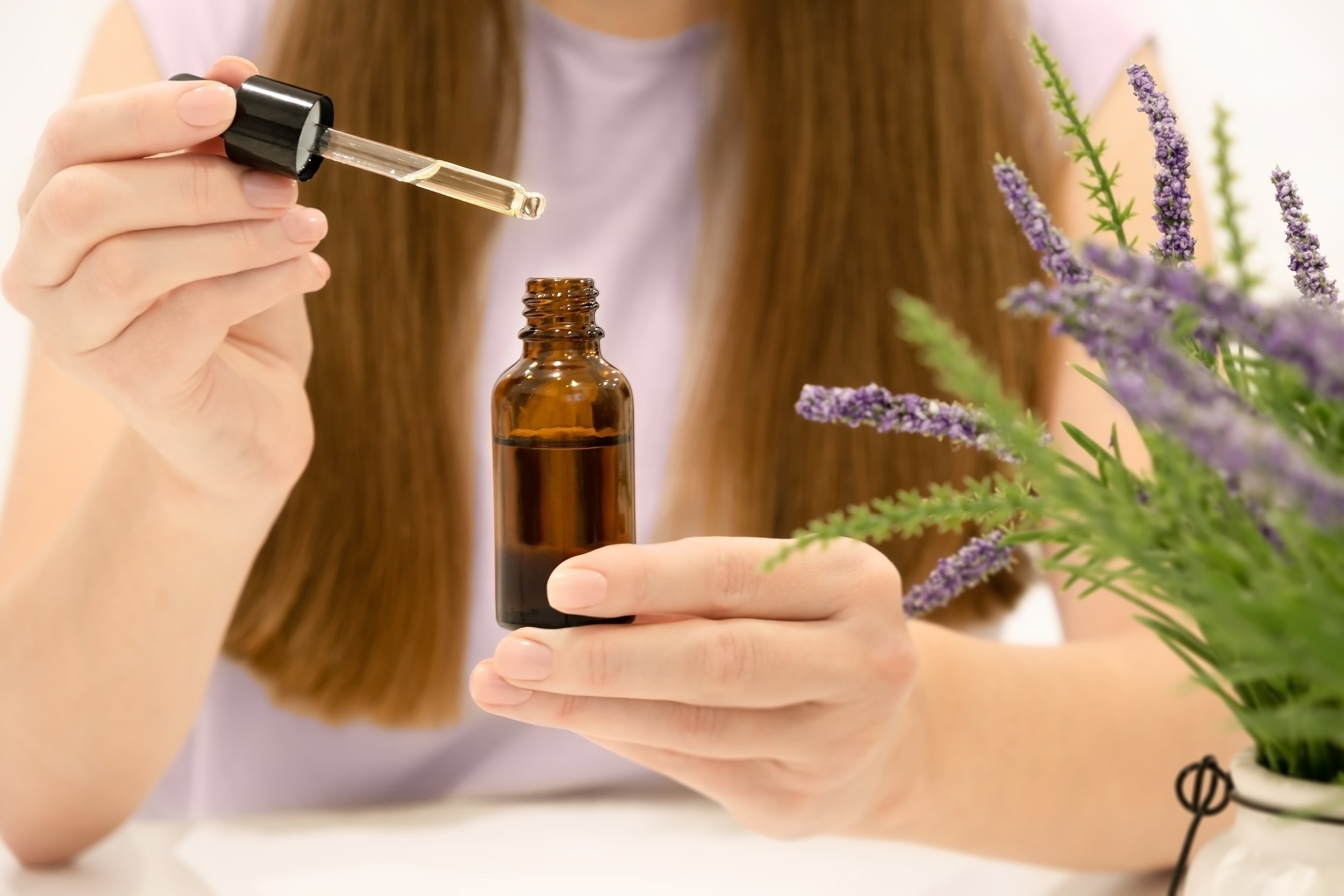Aromatherapy claims – when does my cosmetic become a medicine?
With the rise of ‘natural beauty’, consumers are now more than ever seeking products containing natural ingredients. After attending the Natural & Organic Products Europe tradeshow earlier this year, we can see the variety of natural products on the market is steadily increasing and product formats are becoming more and more innovative to meet the demands of the eco-conscious consumer.
With the inclusion of different naturally derived raw materials in cosmetic formulations, including plant extracts and essential oils, this opens the door for marketers to make claims on the ingredients they use as well as the finished product.
However, it is important to be aware of the borderline consideration when it comes to aromatherapy claims on cosmetic products.
The Advertising Standards Agency (ASA) defines aromatherapy as:
"Aromatherapy is the use of plant essences, which some believe can promote spiritual, physical and emotional health and well-being. Essential oils can be applied directly to the skin through massage, added to bathing products or lotions, inhaled with steaming water or spread throughout a room by a spray or diffuser."
Cosmetic products containing essential oils are often described as having aromatherapy properties. It is often said that a shower gel containing lime oil will provide energy, and that a bubble bath containing lavender will help to bring about relaxation. However, medicinal claims for cosmetic products are strictly not permitted, and claiming a direct effect on aiding mood, sleep or skin health due to the inclusion of an aromatherapeutic ingredient could be problematic.
Both The Medicines and Healthcare products Regulatory Agency (UK) and the Food and Drug Administration (US) will classify products making claims to aid or promote sleep a medicine.
It may be possible to make some claims surrounding relaxation or wellbeing providing they are a secondary product benefit. Some companies substantiate their aromatherapy claims based on the effect of the massage which brings a sense of relaxation and well-being to the consumer to potentially aid sleep. This has been accepted in the past by the ASA, the UK authority responsible for monitoring advertising claims. However, the ASA has stated that the focus must be due to the action of massage and not a direct benefit from the ingredients or product.
Bloom advice
It is important to always retain a strong cosmetic function as the primary product purpose (cleaning, perfuming, changing appearance, correcting body odours, protecting, or keeping in good condition) when looking to market a product as a cosmetic, and then secondly to promote wellbeing and relaxation through the application process/ creating a pamper routine. It is best to keep away from specific issues such as stress and sleep which may be considered to fit within the definition of a medicine rather than a cosmetic product
Laila Manshi


